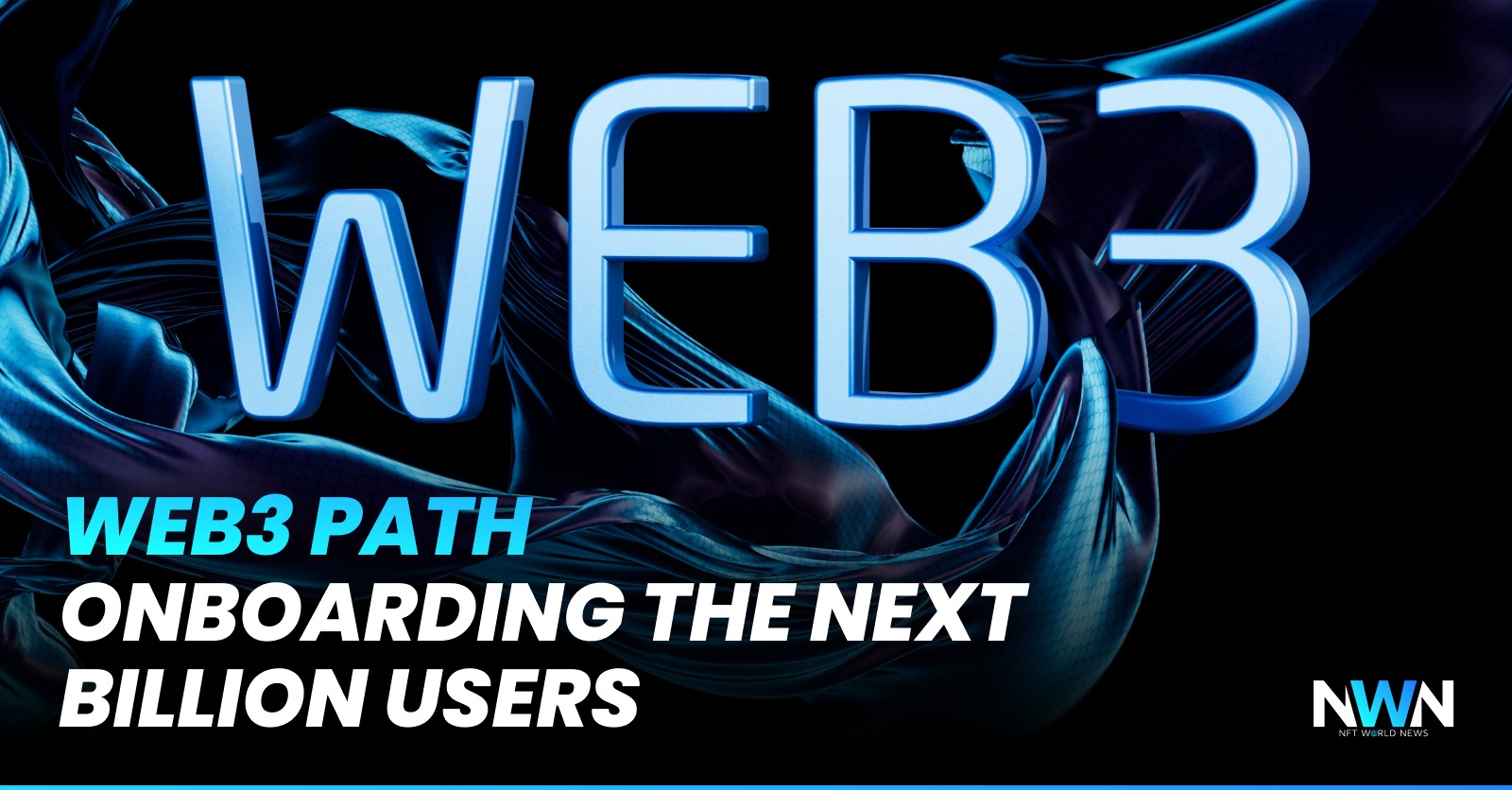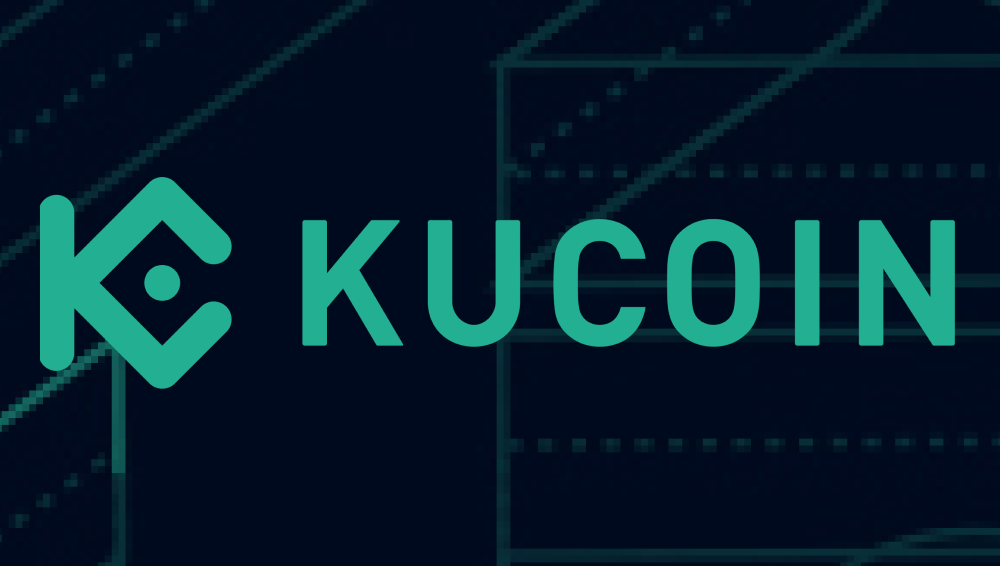Quick Summary
- The world is a fast-changing landscape where things don’t stay the same for too long. Web3 is one of the most innovative upcoming economic revolutions that are coming our way.
The globe has become polarized as a result of recent geopolitical developments. Partisanship and ideological differences have further fragmented the internet, with gatekeepers trampling on millions of people’s rights to financial services. Nations are progressively recognizing the need for neutral protocols and national stacks.
you might wanna read this: Travala.com: A Blockchain-Powered Traveling Platform
Web3 dubbed the “next generation of the internet”, will be sanction-resistant and data-free. Web3 was invented in 2004 by Gavin Wood, co-founder of Ethereum and developer of Polkadot and Kusama. After five years, in 2009, the Bitcoin (BTC) white paper was published, reiterating the need for decentralization. Is the decentralization story going to stick around? Let’s take a look at why Web3 is gaining popularity nowadays.
Decentralization’s Importance in the Innovative Economy
Web3 can provide worldwide digital rails to support innovation and self-sufficiency. The need to rein in Big Tech has sparked talks about Web3. The battle cry for internet decentralization has been spurred by Big Tech’s domination over the internet and control over personal data. A famous Silicon Valley VC firm, a16z, published its policy paper: “How to Build a Better Internet: 10 Principles for World Leaders Shaping the Future of Web3.”
It says that in the Web3 age, data ownership and monetization would lead to innovative business models, arguing that: “The world deserves technology that can unlock opportunity for the millions on the margins of the innovation economy and enable people to take control of their digital lives.”
The internet’s primary notion was to bring people together. The internet has developed in the last 30 years, and our interactions have changed with it. The online community age may be divided into three distinct phases despite the variations.
Proponents of Web3
Decentralization, self-sovereignty, data ownership, and censorship resistance, according to Web3 proponents, should be the foundation for the internet’s future. The notion of decentralized internet infrastructure meant to protect individual privacy is at the heart of Web3.
The full potential of Web3 has yet to be realized. Because adoption is small and restricted to crypto-savvy individuals, the concept of individuals exerting total sovereignty of their data and privacy is extremely dystopian at this moment. In the Web3 area, there is a need to alleviate the entry-level friction.
Adoption of Web 3
We can realize the lofty aspirations of ownership in a genuinely decentralized economy by developing enabling tools and supplementary infrastructure compatible with Web2 and Web3. Although Web3 adoption is still in its early stages, a few Web2 firms have begun to migrate to Web3 and embrace decentralization. To support seamless onboarding of users in the Web3 age, easy-to-use enabling services and infrastructure must be established. There is still much to be done.
Conclusion
Web3’s decentralized design is intended to be dependable, as it eliminates the chance of a single point of failure. And the public debate is becoming increasingly polarized, and the world urgently requires the next generation of the internet: a decentralized Web3.
more to read
Passive Income From NFTs In 2022
Ethernity Chain And The Unique Concept Of A-NFTs
NFT World News Social Media: Twitter, Instagram, Telegram, Tiktok, Youtube
sources: cointelegraph, cryptonewss
author: Rene Remsik
Disclaimer: This article is provided for informational purposes only. It is not offered or intended to be used as legal, tax, investment, financial, or other advice.
Disclaimer: This article is provided for informational purposes only. It is not offered or intended to be used as legal, tax, investment, financial, or other advice.





